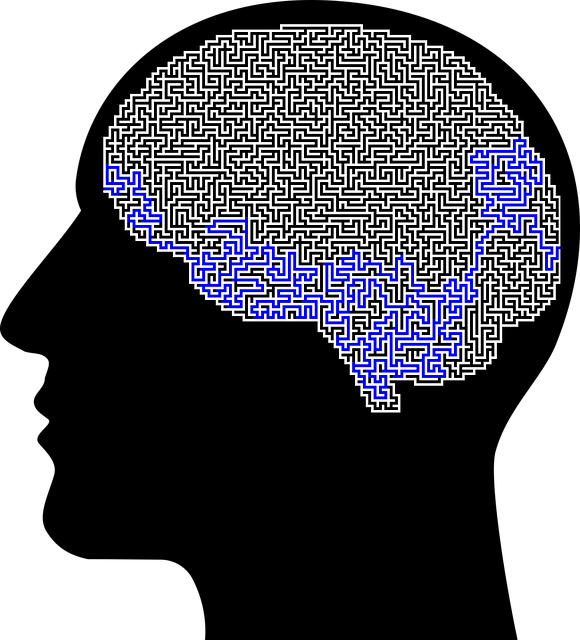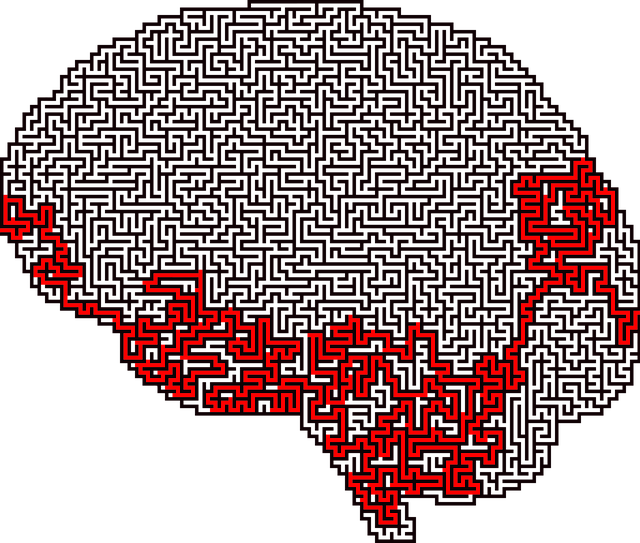Northglenn offers a robust network of support for cancer patients and survivors, focusing on holistic care that addresses physical, emotional, and social well-being. Local organizations provide tailored therapy programs, stress management workshops, and support groups to foster resilience and navigate the unique challenges faced by residents. The collaborative efforts between healthcare providers and community initiatives prioritize effective communication strategies, ensuring comprehensive trauma support services for patients and caregivers through Northglenn Cancer Issues Therapy. This multi-faceted approach includes evaluations using both quantitative and qualitative methods, as well as accessible resources like a Mental Wellness Podcast Series, to promote mental wellness and prevent burnout among healthcare professionals.
In Northglenn, understanding the local cancer support landscape is crucial to addressing unique community concerns. This article delves into identifying specific cancer-related issues afflicting residents and building targeted therapy programs for traveled patients, who often face distinct challenges. Effective collaboration with local healthcare providers and organizations is essential for comprehensive care. Through measuring success and ensuring continuity of services, Northglenn can revolutionize trauma support, enhancing the lives of those affected by cancer. Key focus areas include understanding Northglenn’s cancer issues and implementing tailored therapy solutions.
- Understanding Northglenn's Cancer Support Landscape
- Identifying Unique Cancer-Related Issues in the Community
- Building Effective Therapy Programs for Traveled Patients
- Collaborating with Local Healthcare Providers and Organizations
- Measuring Success and Continuity of Care for Trauma Support Services
Understanding Northglenn's Cancer Support Landscape

Northglenn’s cancer support landscape is rich with resources tailored to address various aspects of cancer care and its aftermath. The city hosts several reputable organizations dedicated to providing therapy, emotional well-being promotion techniques, and support groups for individuals facing cancer and its related challenges. These services encompass not only direct patient care but also stress management workshops organized by community leaders and professionals. By facilitating these workshops, Northglenn takes a proactive step towards empowering residents with essential emotional and social skills training.
The availability of such comprehensive support highlights the community’s commitment to fostering resilience among those affected by cancer. From counseling sessions to peer support groups, residents find solace and strength in shared experiences. These initiatives ensure that individuals navigating Northglenn’s cancer issues receive holistic care, promoting not just physical health but also mental and social well-being.
Identifying Unique Cancer-Related Issues in the Community

In Northglenn, a comprehensive understanding of the unique cancer-related issues within the community is essential for developing effective trauma support services. Beyond the physical challenges, residents often face complex emotional and psychological scars. The impact of cancer can disrupt everyday life, leading to anxiety, depression, and a significant decline in mental wellness. Many patients struggle with adjusting to their new reality, requiring specialized therapy and support networks to navigate these emotional healing processes.
Community-based initiatives should focus on fostering positive thinking and resilience among those affected by cancer. By recognizing the specific needs of Northglenn residents, local support services can be tailored to provide much-needed comfort and guidance during what is often a tumultuous journey. This proactive approach ensures that individuals and families receive holistic care, addressing both their physical and emotional well-being.
Building Effective Therapy Programs for Traveled Patients

In addressing Northglenn’s cancer issues, therapy programs must be tailored to support traveled patients who often face unique challenges. Effective interventions should incorporate self-awareness exercises to help individuals process their experiences and emotions related to cancer and travel stress. Encouraging self-care practices, such as mindful breathing techniques or light exercise, can enhance resilience during this challenging period.
Additionally, integrating communication strategies into therapy sessions is vital. Traveled patients may have difficulty expressing their needs due to cultural differences or language barriers. Therapists should create safe spaces for open dialogue, utilizing simple and clear language while offering empathy and understanding. This fosters a sense of connection and facilitates the development of healthy coping mechanisms tailored to each patient’s distinct journey.
Collaborating with Local Healthcare Providers and Organizations

In Northglenn, addressing cancer issues and promoting mental health goes hand in hand with collaborating closely with local healthcare providers and organizations. These partnerships are crucial in ensuring comprehensive trauma support services. By working together, community resources can be leveraged effectively to implement various stress reduction methods and burnout prevention strategies for healthcare providers, ultimately enhancing patient care.
Effective communication strategies are at the heart of these collaborations. Open lines of communication facilitate the seamless exchange of information, enabling healthcare professionals to stay updated on local needs and trends. This coordination ensures that support services offered by Northglenn Cancer Issues Therapy align with the evolving demands of the community, providing much-needed relief for both patients and caregivers.
Measuring Success and Continuity of Care for Trauma Support Services

Measuring success and continuity of care are vital aspects in trauma support services provision, ensuring that individuals receive the highest quality assistance throughout their healing journey. At Northglenn Cancer Issues Therapy, we utilize a multi-faceted approach to evaluate our programs’ impact. This includes quantitative methods such as tracking client satisfaction scores and measuring the reduction in trauma symptoms over time.
Additionally, we employ qualitative techniques like client feedback sessions and case studies to gain deeper insights into the effectiveness of our services. By integrating these strategies, we can identify areas for improvement and adapt our offerings accordingly, addressing emerging needs within the community. This continuous quality enhancement process is further supported by Burnout Prevention Strategies for Healthcare Providers, ensuring that our team remains resilient and equipped to deliver exceptional care. Moreover, our Mental Wellness Podcast Series Production plays a crucial role in extending support beyond individual sessions, providing accessible resources on conflict resolution techniques and promoting mental wellness.
In addressing Northglenn’s cancer-related challenges, a multifaceted approach is crucial. By understanding the local landscape, identifying specific community issues, and collaborating with healthcare providers, effective therapy programs can be tailored for traveled patients. Measuring success ensures continuity of care, fostering a supportive environment that navigates the complex journey of cancer management. Through these efforts, Northglenn residents can access comprehensive trauma support services, ultimately enhancing their well-being during and after their cancer experiences.














